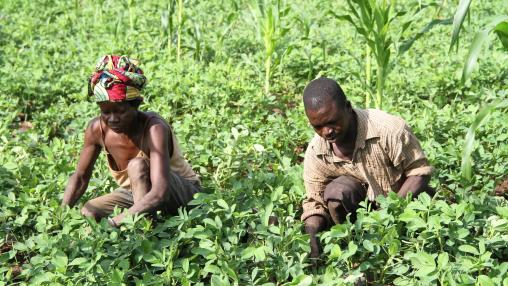
Gender, Assets, and Agricultural Development: Lessons from Eight Projects
Ownership and control of assets have become increasingly recognized for their role in reducing poverty and improving individuals’ and households’ long-term well-being. In addition, research has shown that women’s ownership and control of assets can have important development outcomes both for women themselves and for their families.
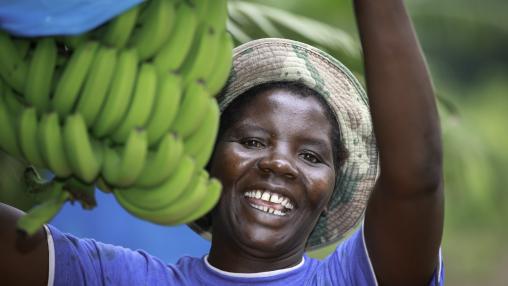
The Doha Development Agenda and Expectations for Nairobi
BY: Joseph Glauber, IFPRI
On November 9, IFPRI co-hosted a conference with the International Centre for Trade and Sustainable Development and FAO in Geneva on agricultural trade outcomes at the upcoming Nairobi Ministerial. The conference brought together current and former trade officials and experts from around the world to talk about the importance of trade for food security and rural development.
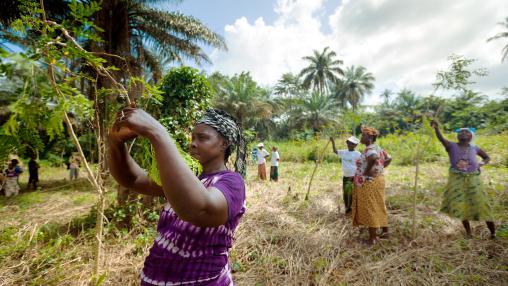
Gender and Assets: Closing the Gap
Use, control, and ownership of productive assets – land, money, livestock, and education, to name just a few – are essential stepping stones on the path out of poverty. But this pathway can look very different depending on whether you are a man or a woman. Growing evidence suggests that women typically have fewer assets than men, and that they use those assets differently. What’s more, agricultural development programs may impact men’s and women’s assets in different, sometimes unexpected, ways.
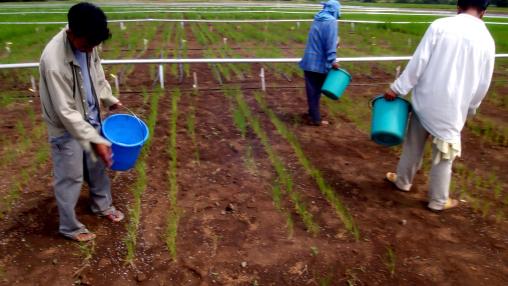
Rethinking Input Subsidies
After being largely eliminated by structural adjustment programs in the 1980s and 1990s, large-scale input subsidy programs are regaining popularity throughout the developing world, particularly in Africa south of the Sahara. It's estimated that African countries spend, on average, 30 percent of their agriculture budgets on these programs, which aim to increase small farmers' investments in new technologies and increase agricultural production. Despite these programs' widespread use, however, debate abounds about how efficient input subsidy programs actually are.
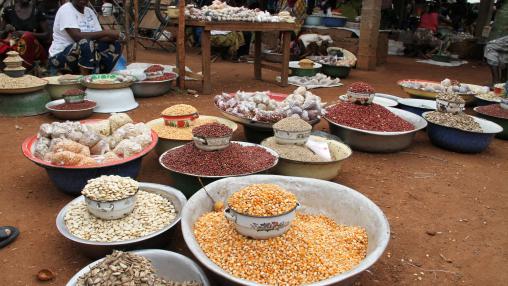
Latest FEWS Net Monthly Price Watch Released
The newest edition of the FEWS Net Monthly Price Watch was released last week, citing continuing high international maize and wheat prices. While maize prices saw drastic spikes in June and July 2012 due to drought conditions in the US, they leveled off, although at high levels, later in the year as more information regarding US crop conditions and global supplies became available. Wheat prices, on the other hand, rose steadily between May and November before leveling out in December.
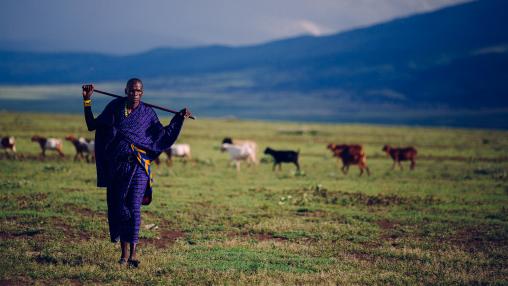
Survey Finds East African Farmers Are Adopting New Climate-Mitigation Practices
One of the biggest challenges faced by smallholder farmers today is climate change, and the increasingly variable weather patterns that result from it. While farmers in some tropical regions may benefit from rising temperatures, the majority of the world's smallholders will face increased hardship as a result of warmer weather and uncertain rainfall. Future food security, particularly for developing countries, will depend on how populations react to and cope with the challenges presented by climate change.
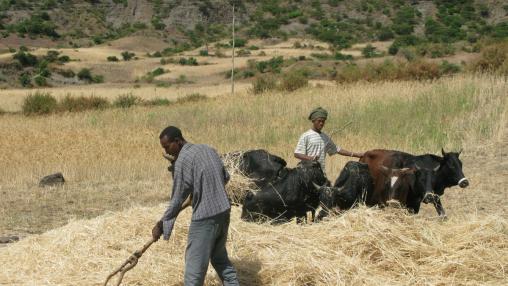
FEWS NET Releases Latest Monthly Price Watch
FEWS NET has released its monthly price watch for February 2012. The report cites stable and declining grain prices in much of West and East Africa, although prices remain high in the Sahel region and Kenya. In particular, grain prices in South Sudan remain very high due to poor production and trade; similarly, maize prices in Malawi continue to increase rapidly. Afghanistan and Tajikistan continue to see high wheat and wheat flour prices.
Download the full report
Download the annex
Files:
full report
annex
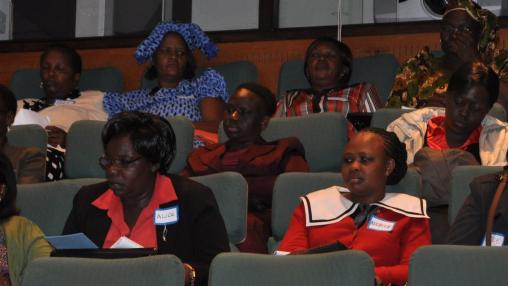
IFPRI and the Kenya Institute for Public Policy and Research Analysis (KIPPRA) announce a Call for Papers
A Policy Dialogue on Food Security Information Needs in Kenya, co-organized by IFPRI and KIPPRA, was held in Nairobi, Kenya in March of 2011. To revisit some of the more pressing issues to have emerged from this Policy Dialogue, IFPRI and KIPPRA call for the development of two papers. (For access to the Policy Dialogue proceedings report, please contact Jenna Ferguson at J.Ferguson@cgiar.org .)
PAPER TOPICS
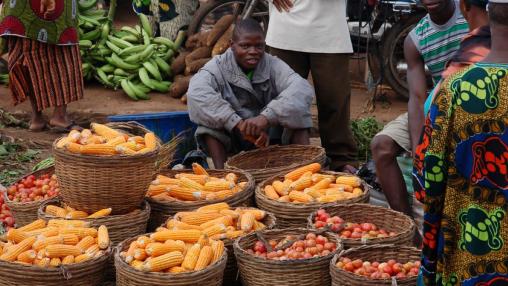
FEWS NET Releases January Food Price Watch
FEWS NET has released its Food Price Watch for January 2012. The report details the food security situation throughout Africa, where prices in Uganda, Ethiopia, and Somalia have declined. Kenyan maize prices remain extremely high, as do prices in West Africa.
Download the full report
Download the annex
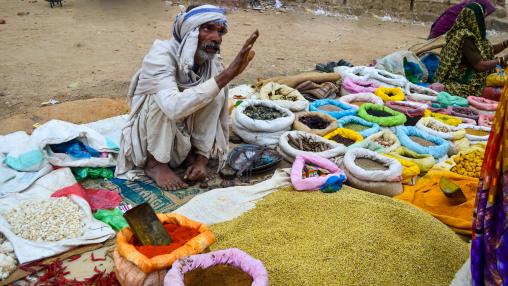
FEWS NET Releases Latest Global Price Watch
FEWS NET has released its Global Price Watch for September 2011, citing continuing high prices in Kenya, Ethiopia, and Somalia. Africa's newest nation, South Sudan, is also facing increased prices on some staple goods due to conflict and trade restrictions. Global rice prices saw a moderate upswing, due in part to Thailand's new rice price subsidy.
View the full report and the annex
Files:
full report
annex